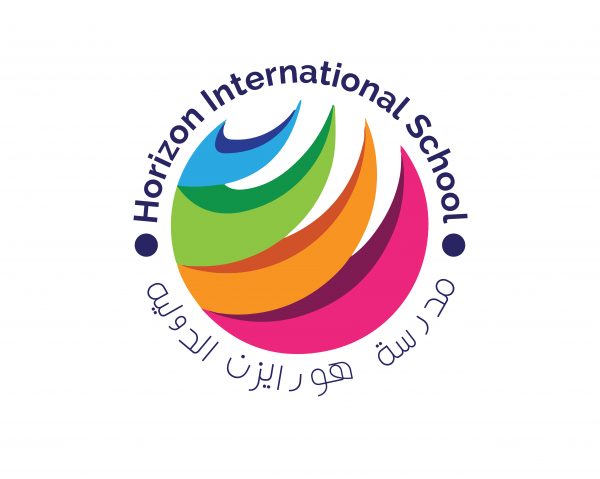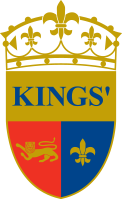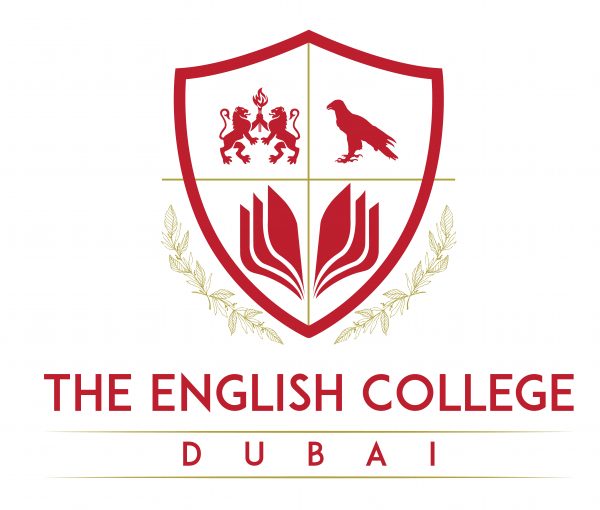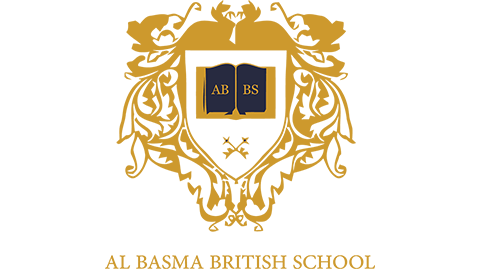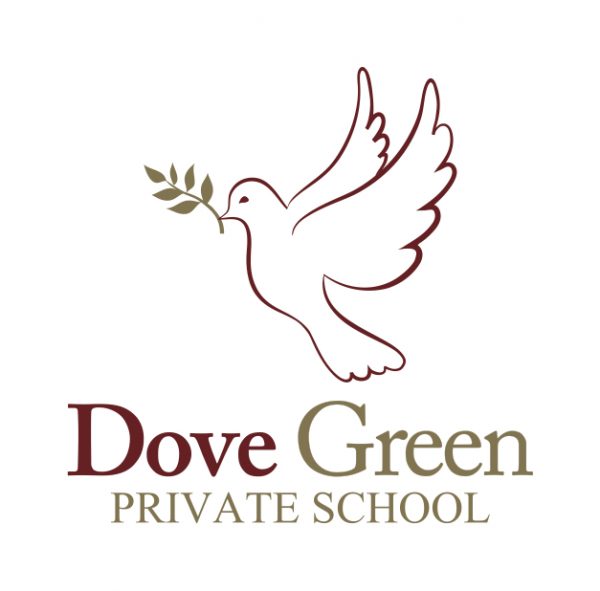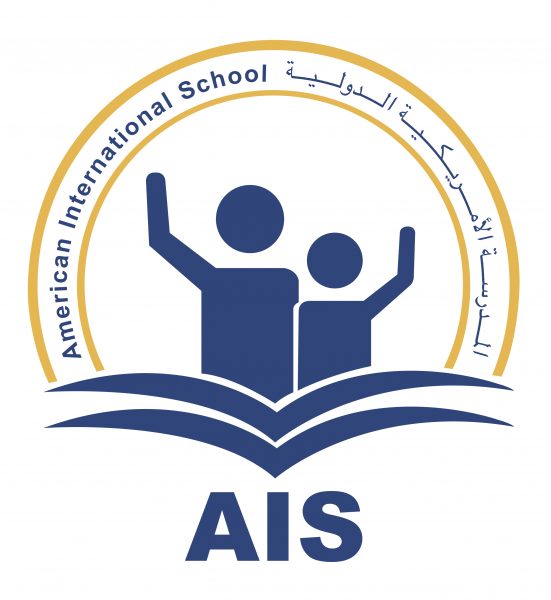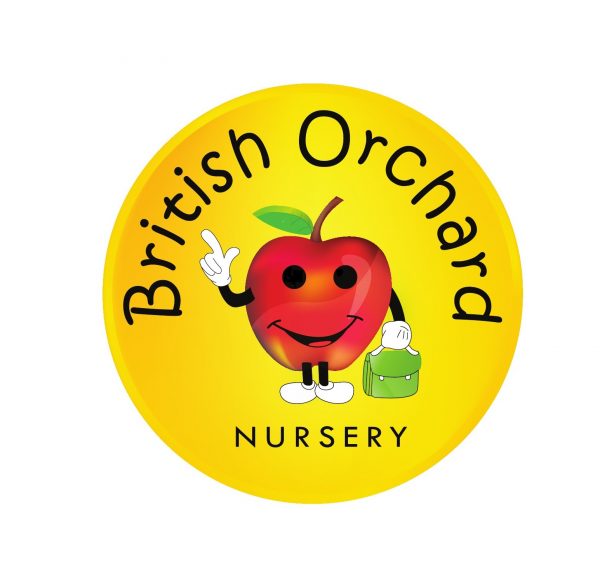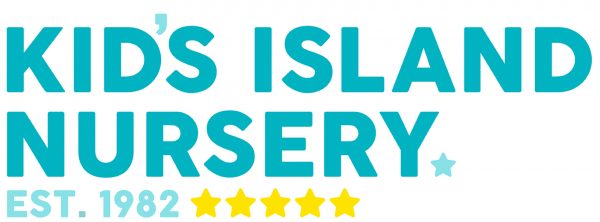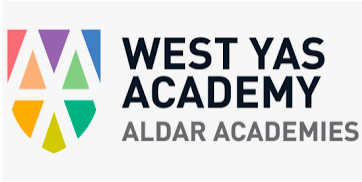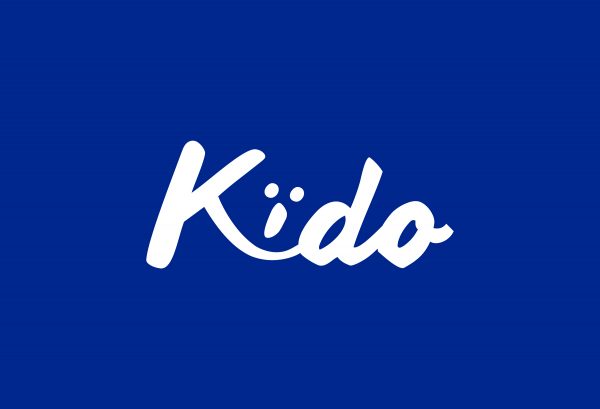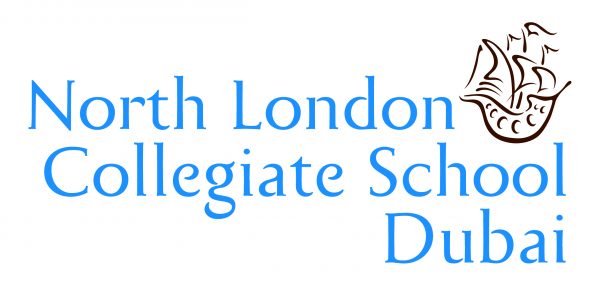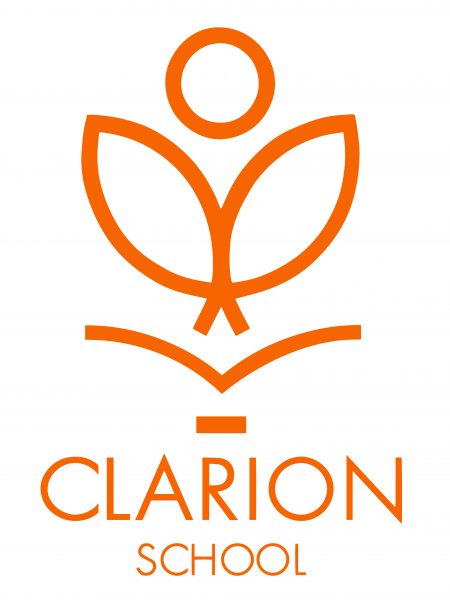Save Time
Be Informed
Avoid Mistakes
Choose from over 500 schools in the UAE
The French Education System: A Brief Overview
- The French national curriculum is called the Common Foundation of Knowledge, Skills and Culture. It was developed by the French Department of Education.
- The curriculum determines the knowledge, skills, and attitudes that a student needs to succeed academically and personally and to be an active citizen in the future.
- A structured system, the French curriculum meets the requirements of French National Education programs.
- Academically, it focuses on developing knowledge, communication skills, understanding, and critical thinking.
- It is also a humanist system that values equality, tolerance, intellectual curiosity, and opportunity.
- French education abroad allows students outside France to follow a schooling system similar to the system followed by students in France. They are guided by the same programs and pass the same diplomas.
- French schools around the world help strengthen relations between French and foreign education systems. This benefits the students and France’s cultural influence.

Stages of the French Educational System
The French system is divided into three main levels: primary, secondary, and higher education.
Primary Education
Many parents send their children to preschool (école maternelle) when they turn three. The first two years of preschool is where children learn to become students. They are introduced to community living, first concepts of arithmetic, oral language, letter recognition, etc. In the last two years of preschool, students are introduced to more mathematics, reading, and writing.
After preschool, students move on to elementary school (école élémentaire). During the first three years, they are taught to write, develop reading skills, and learn basics in subjects like mathematics, science, French, and the arts. The children stay in elementary school for five years until about 10-11 years old.
Secondary Education: Middle School & High School
After primary school, there are two educational stages that follow: middle school (lower secondary) and high school (upper secondary). Middle school (collège) comprises the first four years of secondary education, from age 11 to 14. High school (lycée) is a three-year course for children with ages between 15 and 18. At the high school level, students are prepared for the Baccalaureate (Bac), an academic qualification that students can acquire by meeting a set of requirements after they complete their secondary education. The Bac qualifies holders to go on to higher education, work in certain areas, or acquire other professional training or qualification.
Compulsory subjects in secondary education cover French Language and Literature, Mathematics, History and Geography, Foreign Language, Musical Education, Arts and Crafts, Civics, Technology, Physics, Chemistry, and PE.
Main Benefits of the French Curriculum
1. Globally Recognized – The Bac is an internationally recognized qualification that allows students to apply for and study at the top schools and universities all over the world.
From Kindergarten to the Bac, the French education system provides students the chance to gain education in modern languages and in a multicultural environment. Language learning is considered as vital in the development of one’s citizenship, enrichment of personality, and in building confidence to face the world. It also supports the employability of students in France and abroad.
It’s no wonder French-educated students are sought after by universities. Under a French education, students are developed to think independently in their learning and this leads them to the top-ranking higher education institutions around the globe.
2. Transferable – France assures the quality of schools teaching the French curriculum outside France through the Agency for French Education Abroad (Agence pour l’enseignement français à l’étranger) or AEFE. AEFE is a national public agency under France’s Ministry of Foreign Affairs which has 500+ schools in its global network. Should your family choose to relocate, AEFE students from primary level to baccalaureate have access to over 500 French schools in 139 countries.
3. Wide & Balanced Education – No matter their background, the French curriculum provides all students the same educational opportunities. Encapsulated within a structured national program, the French system also fosters imagination and creativity. Students are taught to think of solutions to problems in real-world contexts. The system trains students to be culturally aware and also multilingual, as learning one or two more languages enables them to engage in an increasingly globalized and fast changing world. A French education develops students to become knowledgeable, inquisitive, and passionate citizens who are driven to succeed.
4. Regulated by Authorities – Combining traditional and modern teaching practices, high academic standards, and intensive discipline, French education has become a top quality standard worldwide. To be authorized by French authorities, a school needs to follow the French curriculum mandated by the French Ministry of Education. After filling an extensive application, the school gets audited by French authorities and then reviewed by the French Ministry of Education and the French Ministry of Foreign Affairs in Paris who will grant the school’s authorization.
After authorization, schools are audited regularly by French inspectors to ensure compliance with the programs, objectives, and educational rules applicable in France. Meetings and development programs for teachers and leadership teams are also held regularly. Countries are grouped into 16 different areas. The UAE is part of the Middle East and Indian peninsula which includes the UAS, Qatar, Sri-Lanka, Bangladesh, Saudi Arabia, Iraq, Turkmenistan, Oman Iran, Ouzbekistan, Kazakhstan, India, Nepal, Koweit, and Bahrein.
Every five years, schools are subject to a renewal process. An official list of approved schools is published each year in the Official Journal of the French Republic.
5. Traditional & Modern – Students under a French education will receive an excellent foundation in reading, writing, and arithmetic. Traditional methods of teaching are supplemented with modern academic practices such as research, analysis, synthesis, and problem-solving. Depending on preferred outcomes, teachers vary their teaching methods by using individual work, pair work, and group work.
Students of all levels are encouraged to consider local and global perspectives to stimulate their creative thinking and challenging of assumptions. The French system also emphasizes cultural knowledge, particularly through language learning. Taught to respect academic competence and independent thinking, students under an international French education system learn to ask challenging questions, think critically, and learn research skills that will help them in higher education.
6. Focus on Well-Being – At the heart of the French educational policy is the well-being of students. Health issues are incorporated into the school curricula, and the battle against discrimination and harassment is the focus of campaigns. Improving the school climate has become a main area of concern to develop the quality of life at school.
Some Tips When Choosing a French School
To know which French school is best for your child, you may want to find out rankings in examinations and extracurricular activities, the successes of school alumni, and the look of the school and their facilities. You may also want to learn more about what is offered outside the classroom, such as types of sports or other educational activities.
Discover the Best French Schools in Dubai
With high academic standards, a well-structured system, and tested learning methods to fully develop students, the French curriculum has become the choice of more and more international families. In addition, French is a rich language that is one of the most spoken languages in the world. By studying in a French school, your child can deeply learn the language without having to go to France to enroll in local French language schools.
Find out the best French school in Dubai for your child by checking out our list of Primary, Secondary, and Primary + Secondary schools. For each school, we’ve provided important information such as ages accepted and annual fees. You can also check out each school’s Virtual Tour for more information and to get a glimpse of the school.


